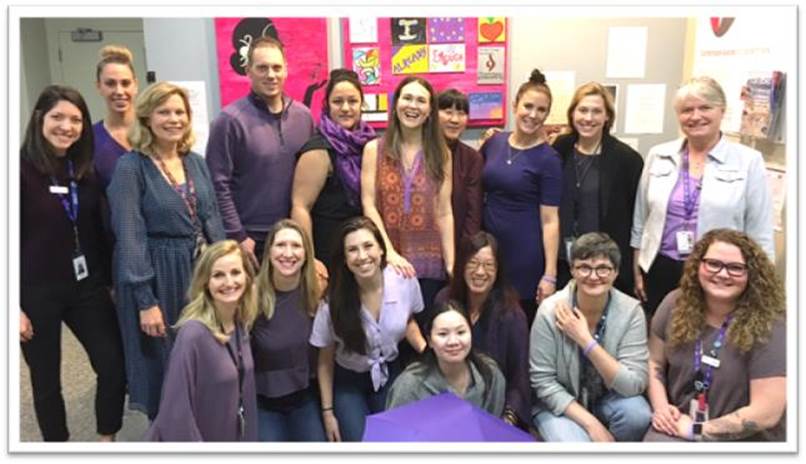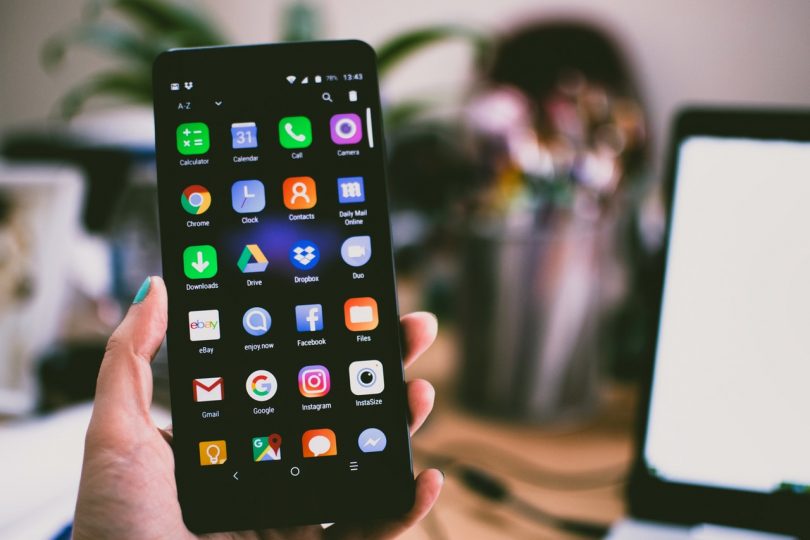Foodies worldwide celebrate and share their passion for food and cooking, largely via social media, yet for one-tenth of the population, eating is anything but a joyful experience. Particularly affected are women and girls over the age of eleven, almost all of whom have at one time indulged in disordered eating – most likely dieting.
Grace Major-Bouck, from East Vancouver, has always struggled with her relationship with food, and then that turned into emotional eating in high school. “I had a really hard time feeling like I fit in.” When she moved to Calgary and worked as a horseback rider and trainer, she really got lost in an eating disorder that involved an emotional roller coaster of bingeing and constant feelings of low self-esteem.
Grace used to completely ignore her emotions until they became so overwhelming that she felt she could not handle being alive. “I swore that no matter how bad things were, I was going to be honest. And I think that was a real turning point for me. The honesty is very freeing because you don’t feel like you have to hide when you slip or are struggling with something.” Grace started diving into every possible resource available and finally sees how she can go from recovery to a more free life.
Social Media Cleanse
Part of Grace’s recovery process was making a major adjustment to her social media habits. “I was an avid Facebooker and spent hours going through my newsfeed. I would post those perfect moments and see everyone else’s perfect moments and feel like mine never matched up to theirs.”
Two years ago, Grace deleted Facebook from her phone and that has made a huge difference. Today her relationship with Facebook is more balanced and her contacts include a few really good friends, people she has meaningful connections with.
She also did a major edit on her Instagram account. “Before I changed my Instagram and when I would scroll, it was almost as bad as going out and buying my binge food or planning how much I was going to restrict. It was never a good feeling and was always a triggering moment. When I took a step back, I realized I could really tweak it to what I wanted. ” She has removed any ads that have to do with exercise or food and follows accounts posting things she enjoys such as motorcycles, tattoos and body positivity.
The Social Media/Eating Disorders Link
Social media is a double edged sword. Although it may offer a means to communicate with others with shared experience or create links to support services, it also may cause individuals to feel unduly influenced as to how they should look or be with others. Dr. Julia Raudzus, Psychiatrist and Medical Director for the Provincial Adult Eating Disorders Program at St. Paul’s Hospital, says, “Eating disorders are mental-health illnesses. They’re not something caused by social media, but rather stem from a combination of genetics, and underlying co-morbid mental illness such as depression, trauma or substance use. While the underlying causes of the illness are unique to each individual, an eating disorder represents a serious illness and actually have the most medical complications and highest risk of death of all mental illness.”
Ali Eberhardt is a Registered Dietitian with the Eating Disorder Program at St. Paul’s Hospital. She breaks down the myths to help clients understand what the actual facts are and the truth behind some of the more sensationalized diets and fads that inevitably come out every year.
Ali always welcomes her clients to bring things from the media, Facebook or Instagram so that together they can look at what the facts are and the pieces that are unsupported by evidence. “The goal is to work on sustainable changes or things that clients can do in their diets, regularly and consistently without feeling deprived, and without feeling like they’re limiting access to food. Those are the things that will make people feel good and bring health benefits long term.”

Key Tips: How to Reduce Harmful Social Media Behaviour and Get Help
- Take a break from social media and edit your channels.
- Seek things that you feel connected to and bring you joy.
- Delete activities that make you feel stressed or anxious.
- Be mindful of the source of information.
- Don’t struggle in silence, find your closest eating disorder community program.
Links:
Provincial Eating Disorders Awareness Week (PEDAW):
PEDAW – Provincial Eating Disorders Awareness Campaign
Provincial Adult Tertiary Eating Disorders Program (for adults 17 years +)
Free Webinar:
Check back on this link to register (details coming soon!) for a Social Media and Eating Disorders talk by Dr. Jasmine Fardouly, to be presented on Wed., Feb. 13 from 10am to 11am PST.
Resources for Caregivers:
Jessieslegacy.com: a North Shore Family Services program
Keltymentalhealth.ca: a BC Children’s Hospital program





